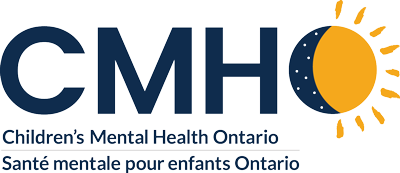Improved communication between various health and mental health care providers and systems is a first step in ensuring integrated care. The HEADS-ED screening tools were developed to screen for and communicate mental health and addictions (MHA) and developmental needs requiring action among children and youth. They are evidence-based tools that are easy to administer and score, do not require specialized MHA knowledge or training, and are clinically intuitive to guide clinical decision-making.
Originally, HEADS-ED was first implemented in Emergency Department (ED) and Primary Care (PC) clinical pathways, where it was used to guide care and decisions around the next step in care (e.g., psychiatric consultation, ED discharge). In a policy-ready paper, we present recommendations for the child and youth MHA sector on how to integrate care between PC and MHA agency services based on key partner consultations. From these recommendations, the HEADS-ED tools were incorporated into a novel PC pathway for children and youth in Ontario seeking MHA services. We will present the implementation outcomes of the PC pathway from the pilot site, and how the pathway has been adapted at additional sites. The HEADS-ED has recently been incorporated into an e-referral platform, further improving fast and effective communication between PC physicians and MHA agencies. Most recently, the HEADS-ED has been implemented into coordinated intake programs for children and youth with MHA concerns.
The presentation will include a brief training session on administering and scoring the HEADS-ED tools, and the audience will be invited to participate in scoring training vignettes.
Presenters:
Dr. Mario Cappelli is a Clinical Psychologist working with children, youth, young adults and their families. He is the Senior Clinician Scientist at the Knowledge Institute on Child & Youth Mental Health and Addictions and an Adjunct Professor of Psychology and Psychiatry at the University of Ottawa and Carleton University. His research focuses on how best to identify needs and deliver services to children and youth in an effective and integrated way.
Dr. Christine Polihronis currently works at the Knowledge Institute on Child and Youth Mental Health and Addictions as a Senior Data Analyst. She has been involved in implementing and evaluating the use of the HEADS-ED in both Emergency Department and in Primary Care settings. She is currently co-leading the validation of the new HEADS-ED tool for children under 6.

